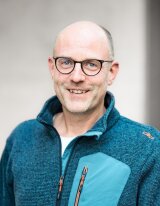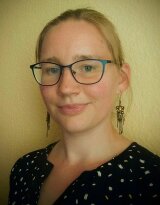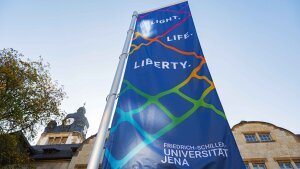
Griesbachsches Gartenhaus
Am Planetarium 7
07743 Jena
Bürozeiten:
Das Sekretariat ist Dienstag und Freitag ganztägig sowie Donnerstagnachmittag besetzt.
Postanschrift:
Exzellenzcluster „Imaginamics“
c/o Imre Kertész Kolleg Jena
Friedrich Schiller Universität
Fürstengraben 13
D-07743 Jena
Koordination
-
Jung, Martin, Dr. zugleich Koordinator für die Profillinie LIBERTY Profillinie LIBERTY
Raum D320
Bachstraße 18k
07743 Jena
Foto: Anna Schroll -
Schroth, Claudia, Dr. Lehrstuhl Neuere deutsche Literatur, Allgemeine und vergleichende Literaturwissenschaft
Raum D320
Bachstraße 18k
07743 JenaSprechzeiten:
nach Vereinbarung
Foto: privat -
Strehle, Samuel, Dr. Lehrstuhl Neuere deutsche Literatur, Allgemeine und vergleichende Literaturwissenschaft
Frommannsches Anwesen
Fürstengraben 18
07743 Jena

